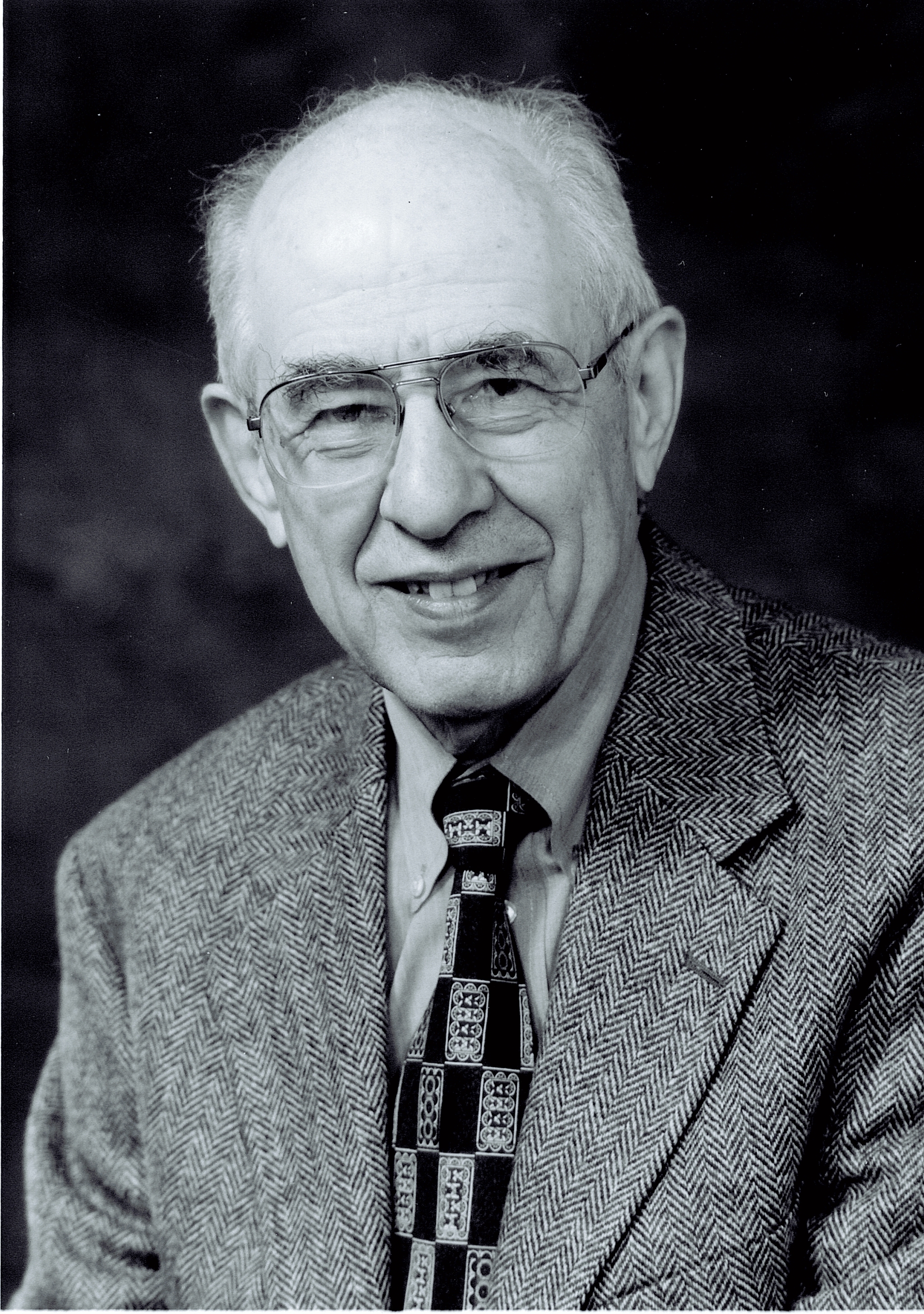Origine: Dall'intervista di Andrea Lavazza, Putnam: «Filosofia contro tecnocrazia» http://www.avvenire.it/Cultura/Pagine/putnam_intervista.aspx, Avvenire, 19 dicembre 2012.
Hilary Putnam Frasi e Citazioni
Hilary Putnam: Frasi in inglese
(1987) The Many Faces of Realism. p. 71
Putnam as quoted in: Julian Baggini, Jeremy Stangroom (2005) What Philosophers Think. p. 233
in What is Mathematics, in [Hilary Putnam, Mathematics, matter, and method, Cambridge University Press, 1979, 0521295505, 60]
Hilary Putnam, in: James Conant, Urszula M. Zeglen (2012) Hilary Putnam: Pragmatism and Realism. p. 14
And the ghost of Bohr will laugh, and say, ‘I told you all along that the human mind cannot produce a realist interpretation of quantum mechanics’!
"A philosopher looks at quantum mechanics (again)", Brit. J. Phil. Sci. 56 (2005), 615–634
"Mathematics without foundations"
Origine: Philosophical Papers Volume 1: Mathematics, Matter, and Method (1975, 1979)
Contesto: (If we identify sets with the points that represent them in the various possible concrete structures, we might say: it is not possible for all possible sets to exist in any one world!) Yet set theory does not become impossible. Rather, set theory becomes the study of what must hold in, e.g. any standard model for Zermelo set theory.
Lecture I: Is There Still Anything to Say about Reality and Truth?
The Many Faces of Realism (1987)
“It is evident that Feyerabend is misusing the term 'meaning.'”
He is not alone in such misuse: in the last thirty years, misusing the term 'meaning' has been one of the most common, if least successful, ways of 'establishing' philosophical propositions. But how did this distressing state of affairs come to be? The blame must be placed squarely upon the Logical Positivists. The 'Verifiability Theory of Meaning' ('the meaning of a sentence is its method of verification') was, from the first, nothing but a persuasive redefinition. If to call metaphysical propositions 'meaningless' were only to assert that these propositions are empirically untestable, it would be harmless (the metaphysicians always said that their assertions were neither empirically testable nor tautologies); but, of course, it is not harmless, because the Positivist hopes that we will accept his redefinition of the term 'meaning,' while retaining the pejorative connotations of being 'meaningless' in the customary {linguistic) sense, i.e. being literally without sense.
"How not to talk about meaning" (1965)
Philosophical Papers Volume 2: Mind, Language and Reality (1975)
